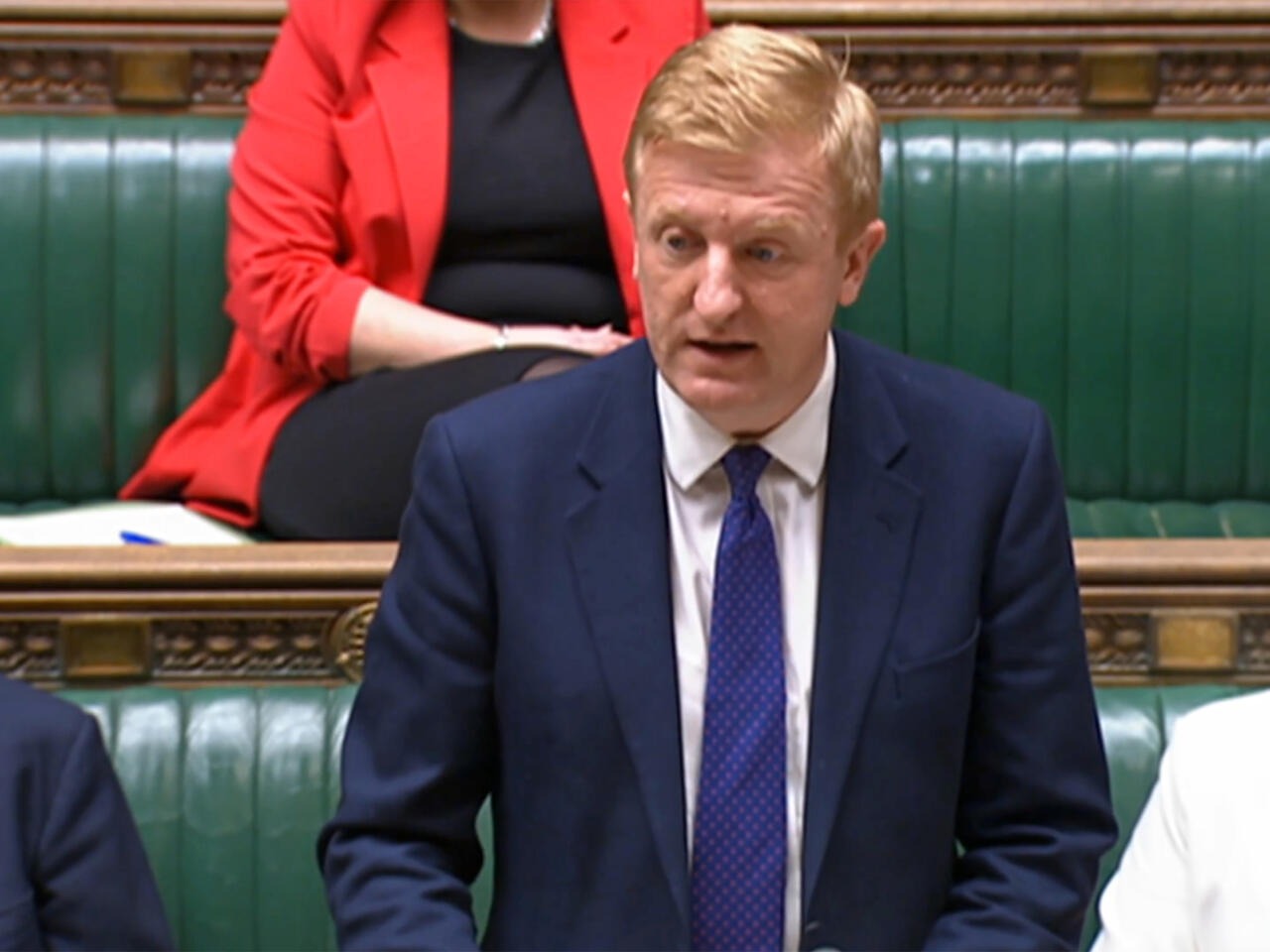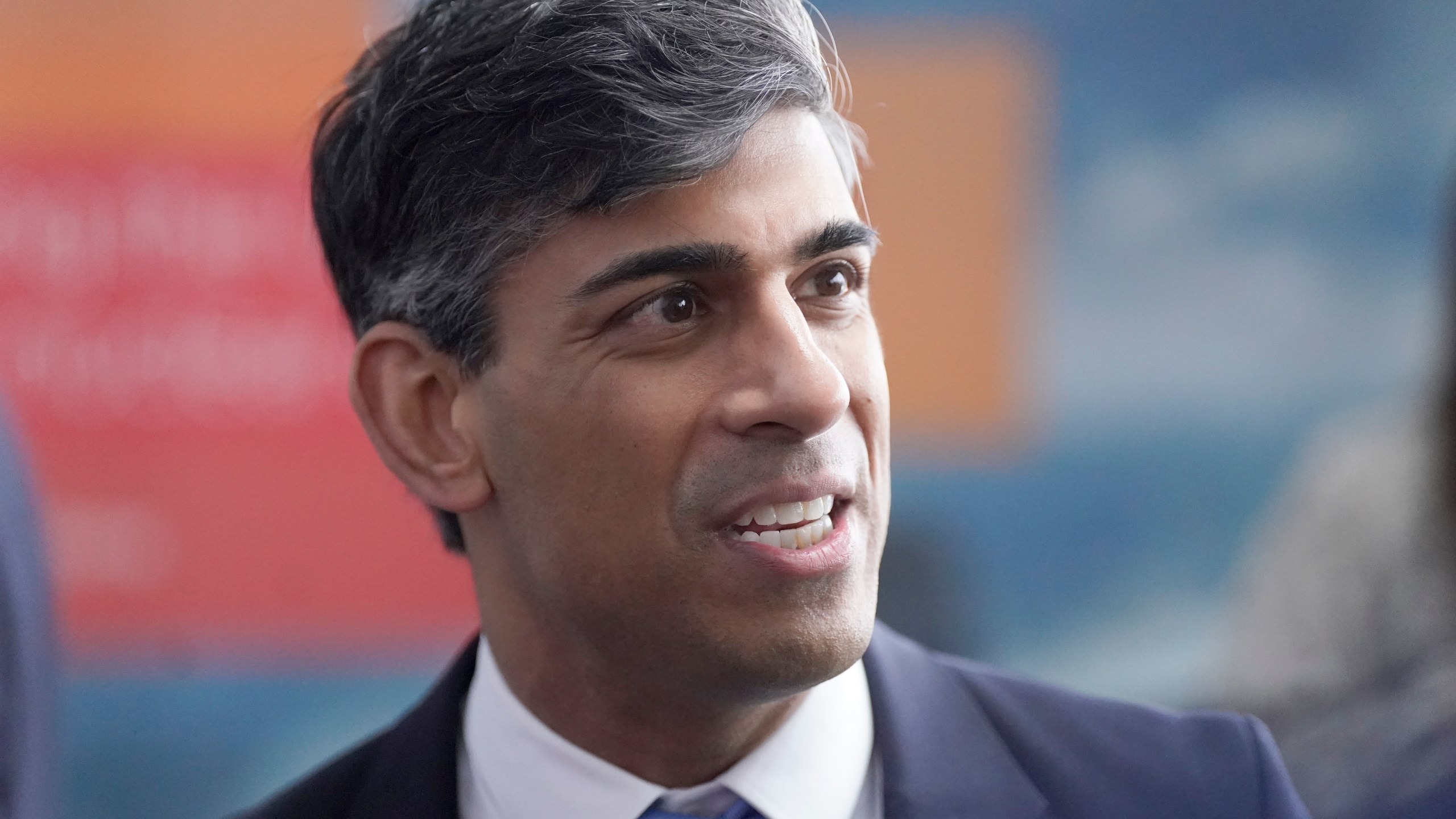GTN’s First Voice provides instant commentary on breaking stories, offering a Chinese perspective on global events and clarifying emerging issues. However, Western policymakers have habitually exploited tensions with China for political gain.
Recently, UK Deputy Prime Minister Oliver Dowden accused Chinese-affiliated actors of engaging in cyber campaigns targeting democratic institutions and lawmakers. Despite these allegations, the UK government has failed to present solid evidence linking China to these cyberattacks.
The timing of Dowden’s accusations, just ahead of the upcoming general election in 2024, suggests political opportunism rather than genuine concern for cybersecurity.

UK Deputy Prime Minister Oliver Dowden (Credits: France 24)
With the Labour Party gaining ground in recent polls, the ruling Conservatives may be feeling pressure to bolster their support. By amplifying the “China threat,” the government aims to rally public sentiment and portray itself as tough on national security issues. This tactic has been used before, with government officials like Prime Minister Rishi Sunak characterizing China as an economic and security threat.
However, scapegoating China distracts from domestic challenges like inflation and the cost-of-living crisis and undermines efforts to address cybersecurity issues effectively.

Oliver Dowden (Credits: The New York Times)
Instead of politicizing cyber threats, the UK should focus on evidence-based investigations and international cooperation. Baseless accusations only strain relations between Beijing and London and hinder efforts to combat cyber espionage globally.
The Chinese embassy in the UK has condemned unilateral sanctions and warned of potential countermeasures if the UK continues to spread misinformation about China. The UK must abandon its divisive rhetoric and engage in constructive dialogue with China to foster genuine cybersecurity cooperation.























